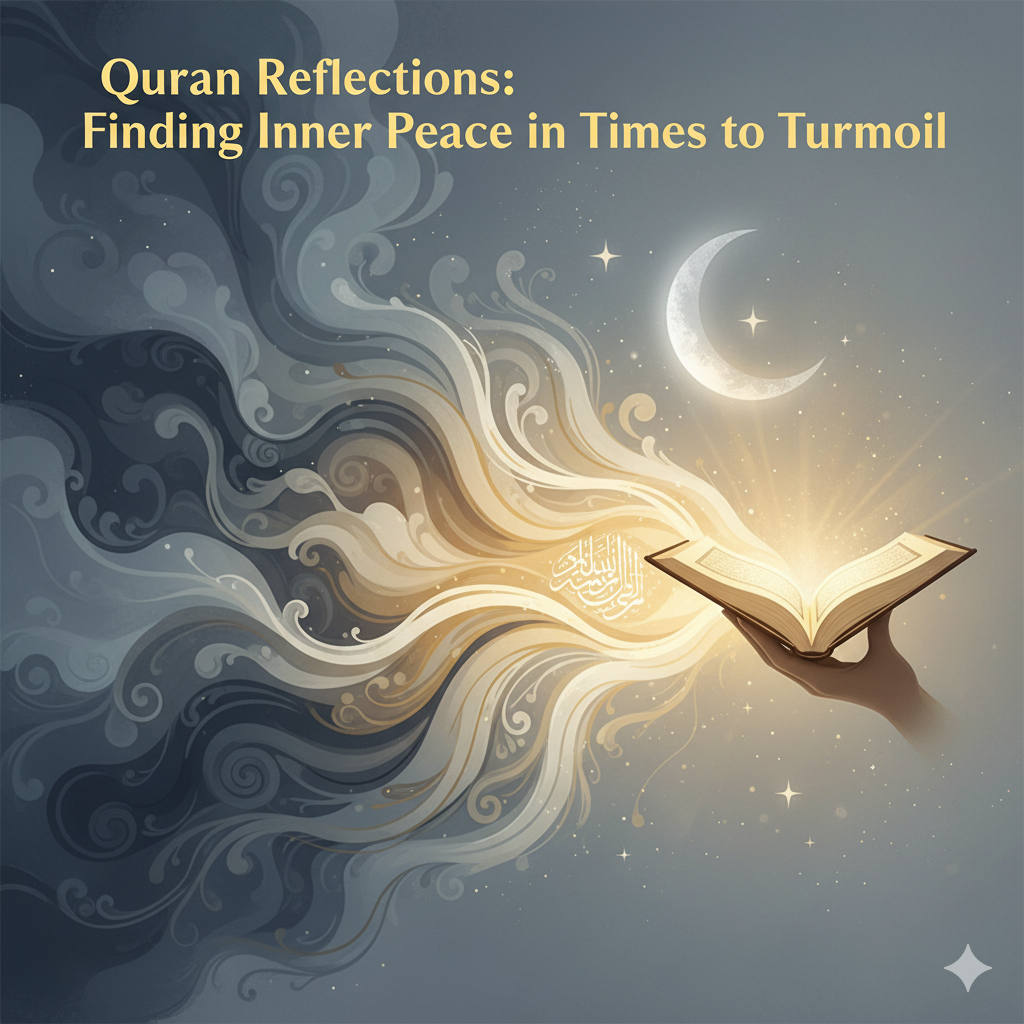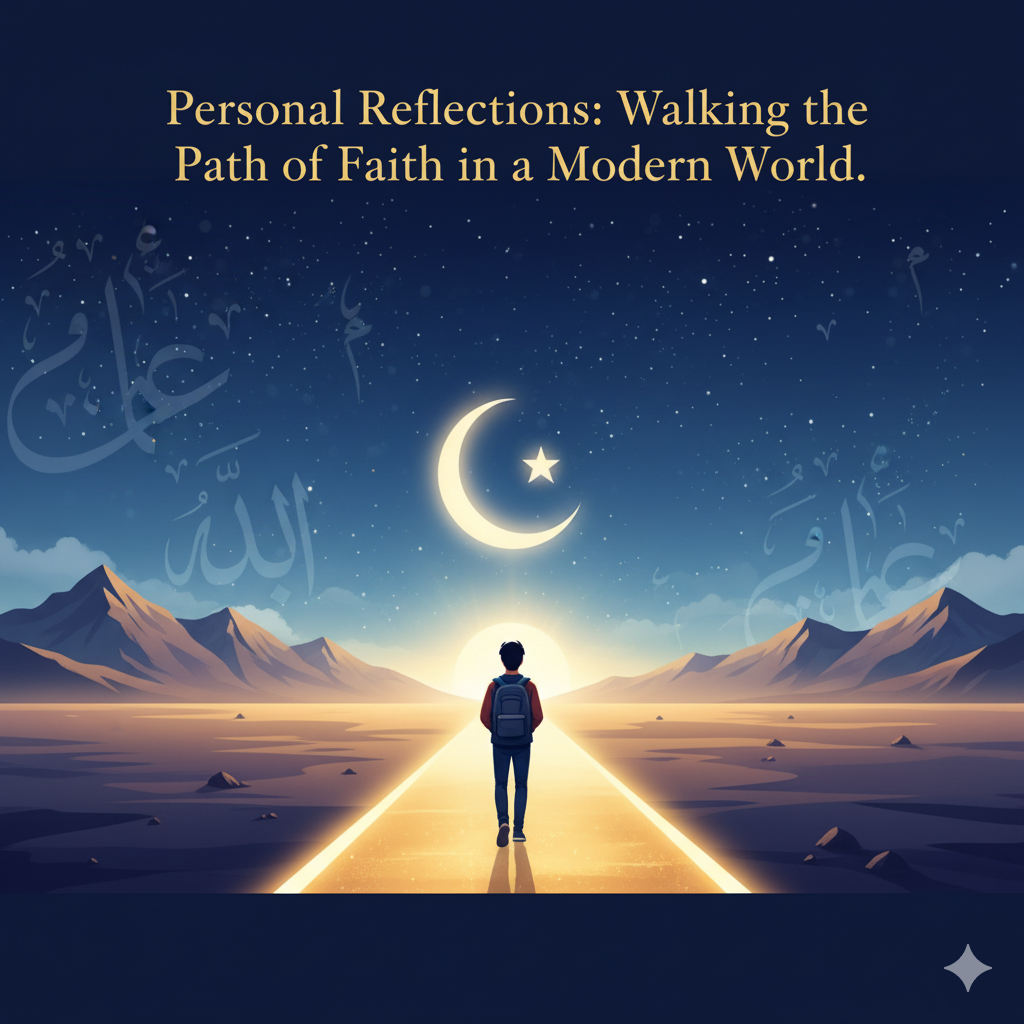Why Do We Need Reminders?
The Qur’an repeatedly tells us:
“And remind, for indeed, the reminder benefits the believers.” (Qur’an 51:55)
Reminders are necessary because:
- Hearts Become Rusted – The Prophet ﷺ said: “Indeed, hearts become rusty just as iron rusts when water touches it.” When asked what cleanses the heart, he replied: “Reciting the Qur’an and remembering death.” (Bayhaqi)
- We Are Surrounded by Distractions – In our modern age, endless entertainment, social media, and worldly pursuits make it easy to forget our ultimate purpose. Reminders bring us back to what matters most.
- Faith Rises and Falls – Iman (faith) is not static; it increases with obedience and decreases with sin. Gentle advice can reignite our faith when it feels weak.
- A Means of Brotherhood – Muslims are one body. Giving and receiving nasihah strengthens bonds and fosters genuine love for one another.
The Spirit of Giving Advice
When we give nasihah, it should not be harsh or condescending. Instead, it should be:
- Sincere – Advice should come from a place of care, not arrogance.
- Private – Correcting someone in private is better than exposing them publicly.
- Gentle – Harshness can close hearts, but gentleness opens them.
- Wise – The Prophet ﷺ would give reminders suitable to the listener’s state, not overwhelming them.
Aisha رضي الله عنها said: “Whenever the Prophet ﷺ spoke, he would choose his words carefully so that they were understood by everyone.” (Abu Dawood)
Core Reminders for Daily Life
1. Remember Allah Often
Life pulls us in many directions, but the heart finds peace only with Allah. Allah ﷻ says:
“Verily, in the remembrance of Allah do hearts find rest.” (Qur’an 13:28)
Make time each day for dhikr—subhanAllah, alhamdulillah, Allahu akbar. Even short moments of remembrance soften the heart and remove anxiety.
2. Reflect on Death and the Hereafter
The Prophet ﷺ advised: “Remember often the destroyer of pleasures (death).” (Tirmidhi)
Thinking about death is not morbid—it awakens us. It helps us prioritize eternal life over temporary pleasures.
3. Guard Your Tongue
The tongue is small but powerful. A word can heal or break hearts. The Prophet ﷺ said: “Whoever believes in Allah and the Last Day should speak good or remain silent.” (Bukhari, Muslim)
Simple reminders: avoid gossip, backbiting, and lying. Instead, use your tongue for encouragement, Qur’an recitation, and kind words.
4. Be Grateful in All Circumstances
Gratitude transforms perspective. Allah promises:
“If you are grateful, I will surely increase you [in favor].” (Qur’an 14:7)
Remind yourself daily: every breath, meal, and moment of safety is a blessing. Gratitude turns hardships into lessons and blessings into worship.
5. Stay Connected with the Qur’an
The Qur’an is not just to be recited in Ramadan. It is a daily guide. The Prophet ﷺ said: “The best of you are those who learn the Qur’an and teach it.” (Bukhari)
Make it a habit: even one page daily can change the direction of your heart.
6. Keep Good Company
The Prophet ﷺ said: “A man follows the religion of his close friend, so let one of you look at whom he befriends.” (Tirmidhi)
Being around those who remind you of Allah strengthens your faith. Just as bad company pulls you down, righteous companions lift you up.
7. Balance Dunya and Akhirah
Islam does not call for abandoning the world, but for balance. Allah ﷻ says:
“But seek, through that which Allah has given you, the home of the Hereafter; and [yet], do not forget your share of the world.” (Qur’an 28:77)
Work, study, and enjoy halal blessings—but never forget your greater purpose.
8. Sincerity in Worship
The Prophet ﷺ warned against showing off (riya). Acts of worship lose value if done for recognition. Constantly remind yourself: “Am I doing this for Allah, or for people?”
Stories of Gentle Reminders from the Sunnah
- The Bedouin Who Urinated in the Masjid: Instead of scolding, the Prophet ﷺ gently explained the sanctity of the masjid and guided him kindly. (Bukhari)
- The Young Man Asking Permission to Commit Zina: The Prophet ﷺ reasoned with him, asking if he would accept it for his mother, daughter, or sister. The young man’s heart softened and he abandoned the idea. (Ahmad)
These show us that reminders work best when given with wisdom and compassion.
Modern Nasihah: Applying Reminders Today
- Social Media: Use platforms to share beneficial content instead of wasting time in endless scrolling.
- Mental Health: Islamic reminders can bring spiritual calm in a world filled with anxiety.
- Family Life: Remind your loved ones to pray together and practice patience.
- Workplace: Maintain honesty and integrity, remembering that Allah sees all actions.
Conclusion
Reminders are lifelines for the heart. They keep faith alive, guide us through trials, and strengthen bonds among believers. Nasihah is not just advice—it is love expressed through care.
As we continue our journeys, let us remember the words of Allah:
“So remind, if the reminder should benefit; He who fears [Allah] will be reminded.” (Qur’an 87:9-10)
May we be people who give reminders sincerely and receive them with humility. May Allah make our hearts alive with His remembrance and keep us steadfast until our final breath.
 हिन्दी
हिन्दी








